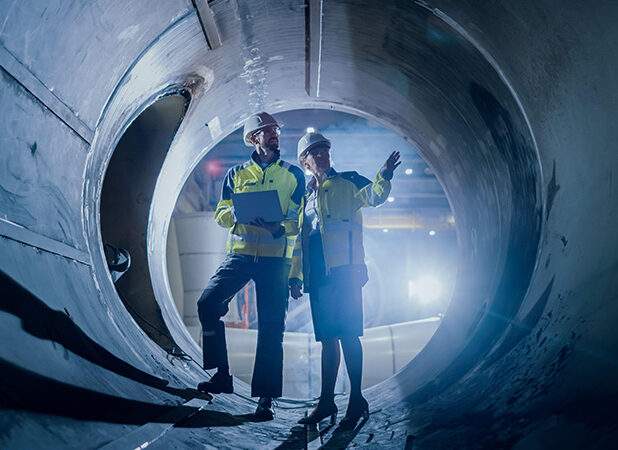Why is Commissioning Important?
Commissioning is essential for ensuring that the power station operates safely and efficiently once it becomes operational. The process involves testing and verifying each component of the station, ensuring that it meets the required specifications and standards. Any issues or problems identified during the process can be addressed before the station becomes operational, preventing potential accidents or costly repairs later on.Activities Involved in Commissioning
The commissioning process involves a range of activities, including testing, calibration, and inspection. Each component of the power station is tested to ensure that it operates correctly, and all safety systems are in place and functioning as intended. Testing is typically done in a controlled environment, with trained professionals overseeing the process. Calibration is another critical activity in commissioning. It ensures that all instrumentation and control systems are operating correctly and within the required parameters. This is done by comparing the output of the system against a known standard to ensure that it is accurate and reliable. Inspection is also an essential part. It involves visual inspections of all components to ensure that they are installed correctly and functioning as intended. Any issues or discrepancies are addressed before the power station becomes operational. The image above shows some of the steps involved in commissioning
The image above shows some of the steps involved in commissioning
Ensuring Safety and Efficiency
Commissioning is critical for ensuring that the power station operates safely and efficiently. Safety systems are tested to ensure that they are functioning as intended and can prevent accidents or emergencies. Efficiency testing ensures that the power station is operating at the required capacity and can meet the demands of the grid. Commissioning also ensures that the power station meets the required performance standards. These standards include environmental regulations and emissions control. By testing each component of the power station, commissioning ensures that it can meet these standards before it becomes operational.Conclusion
In conclusion, commissioning is a critical stage in the construction process of power stations. It ensures that all components, machinery, and systems of the power station are working correctly and safely under normal operating conditions. The process involves a range of activities, including testing, calibration, and inspection, and is essential for ensuring safety and efficiency. By identifying and addressing issues during commissioning, potential accidents or costly repairs can be avoided, and the power station can operate at the required capacity and meet the required performance standards.Frequently asked questions
What is commissioning and why is it important in the construction process of power stations?
Commissioning is the final stage of the construction process of power stations where a series of activities are undertaken to ensure that all components, machinery, and systems of the power station are working correctly and safely under normal operating conditions. It is important to ensure that the power station operates safely and efficiently once it becomes operational by testing and verifying each component of the station, ensuring that it meets the required specifications and standards.
What activities are involved in commissioning?
The commissioning process involves a range of activities, including testing, calibration, and inspection. Each component of the power station is tested to ensure that it operates correctly, and all safety systems are in place and functioning as intended. Calibration ensures that all instrumentation and control systems are operating correctly and within the required parameters. Inspection involves visual inspections of all components to ensure that they are installed correctly and functioning as intended.
How does commissioning ensure safety and efficiency?
Commissioning ensures safety and efficiency by testing safety systems to ensure that they are functioning as intended and can prevent accidents or emergencies. Efficiency testing ensures that the power station is operating at the required capacity and can meet the demands of the grid. Commissioning also ensures that the power station meets the required performance standards, including environmental regulations and emissions control, by testing each component of the power station to ensure that it can meet these standards before it becomes operational.






